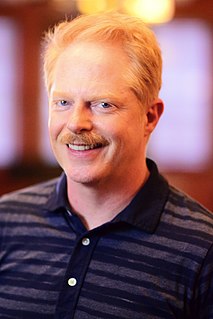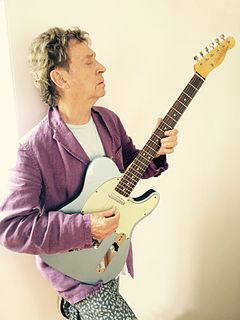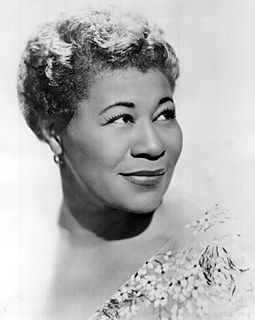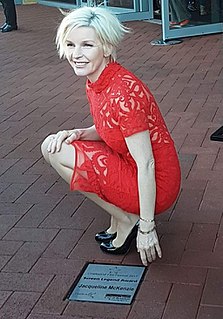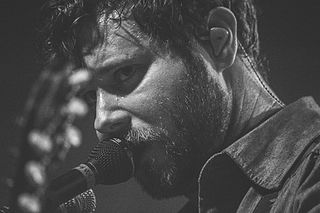A Quote by Tess Gerritsen
I shy away from showing cruelty on the page. A lot of the violence in my books actually happens off stage. The police come on to the scene after the event has occurred.
Related Quotes
Our feelings alone don't change what happens with the police, what happens in jail, what happens when someone tries to go to the welfare office, the unemployment office, or any kind of state agency where a criminal record comes up for prostitution. How we feel about the commodification of sexuality and violence doesn't actually translate to those people's lives. A lot of the debate is really academic and a waste of time.
My approach to violence is that if it's pertinent, if that's the kind of movie you're making, then it has a purposeI think there's a natural system in your own head about how much violence the scene warrants. It's not an intellectual process, it's an instinctive process. I like to think it's not violence for the sake of violence and in this particular film, it's actually violence for the annihilation of violence.
What happens in the studio is technically the same thing that happens on the stage. In the past I had to make quite brutal adaptations of the material to make it work on stage. I don't always like doing that because sometimes you're shaving away the things that you actually quite like about them, the spontaneity of it.
You come off of this screaming audience of many, many thousands of people. I used to find it very weird. You have two choices. Either you can stay and pump flesh with hundreds of people after the show, which really gets old, or you can come off stage, get into the car, and go straight out the back and away, back to the hotel.
In New Zealand, we have a thing called 'tall poppy syndrome,' which, you might not have heard of it, but it's essentially where - it happens in small populations usually, but can actually happen in the U.K. - where, if someone sticks out, they get their head cut off because they are being outside the ordinary or they are showing off.
The 250-page outline for American Tabloid. The books are so dense. They're so complex, you cannot write like I write off the top of your head. It's the combination of that meticulousness and the power of the prose and, I think, the depth of the characterizations and the risks that I've taken with language that give the books their clout. And that's where I get pissed off at a lot of my younger readers.
That is a goal, to step out on stage and to actually be present. Honestly alive and present. Although, it doesn't always happen. We're fallible, we're imperfect. That's what a lot of books are written about; that's what a lot of religions have sought after is that kind of zen mentality of just being totally neutral and open and vulnerable to all of the forces in the universe without being attached to them.


